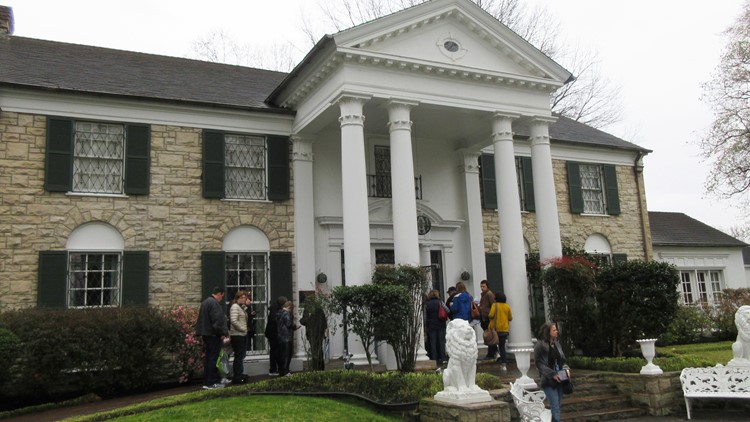MEMPHIS, Tenn. — The Tennessee Supreme Court ruled today that a lawsuit filed by Elvis Presley Enterprises, Inc. against the City of Memphis, Shelby County, and Memphis Basketball involving the construction of a 6,200-seat theater is not barred by the legal concept of res judicata. The case was remanded to the Court of Appeals for further review.
In 2014, Elvis Presley Enterprises (EPE) undertook a project to redevelop Graceland, including a new hotel with convention and concert facilities, construction of a theater, and upgrades to the museum facilities and studio. The organization applied to the Economic Development Growth Engine for Memphis and Shelby County (EDGE), a nonprofit that recommends to the Shelby County Commission and Memphis City Council projects for a Tax Increment Financing (TIF) program. The TIF was approved. In 2017, EPE presented a supplemental plan that included a 6,200-seat arena. Memphis Basketball contacted the City while the application was pending and asserted that granting a TIF for the proposed arena would violate the non-participation provision of the arena agreement between the City and Memphis Basketball, signed in 2001 for the Memphis Grizzlies’ use of FedEx Forum. EDGE did not move forward with the TIF approval process because of Memphis Basketball’s objection.
In November 2017, EPE filed a complaint against the City, County, and Memphis Basketball for declaratory judgment, intentional interference of business relations, and other injunctive and equitable relief. The defendants filed motions to dismiss, and the chancery court found EPE lacked standing to bring the case because it failed to exhaust all administrative remedies before filing suit. In the following months, both EDGE and the County Commission approved the TIF, contingent on a court order or an agreement by the parties to the original arena agreement that the EPE project did not violate the contract.
EPE brought a second lawsuit, seeking a declaratory judgment that the TIF does not violate the arena agreement. The chancery court dismissed the case for a lack of standing. On appeal, in a split opinion, the Court of Appeals affirmed the chancery court’s decision, concluding the second complaint was barred by the legal concept of res judicata and not addressing the standing question. The Supreme Court granted appeal.
The concept of res judicata bars a second lawsuit between the same parties on the same claim when all of the issues were, or could have been, litigated in the former suit. In this case, the Supreme Court determined that the earlier dismissal for failure to exhaust administrative remedies was not on the merits of the case and, therefore, the second suit was not barred by res judicata. The Supreme Court remanded the case to the Court of Appeals for consideration of the standing issue.
To read the full opinion, authored by Justice Roger A. Page, please visit the opinions section of TNCourts.gov.




